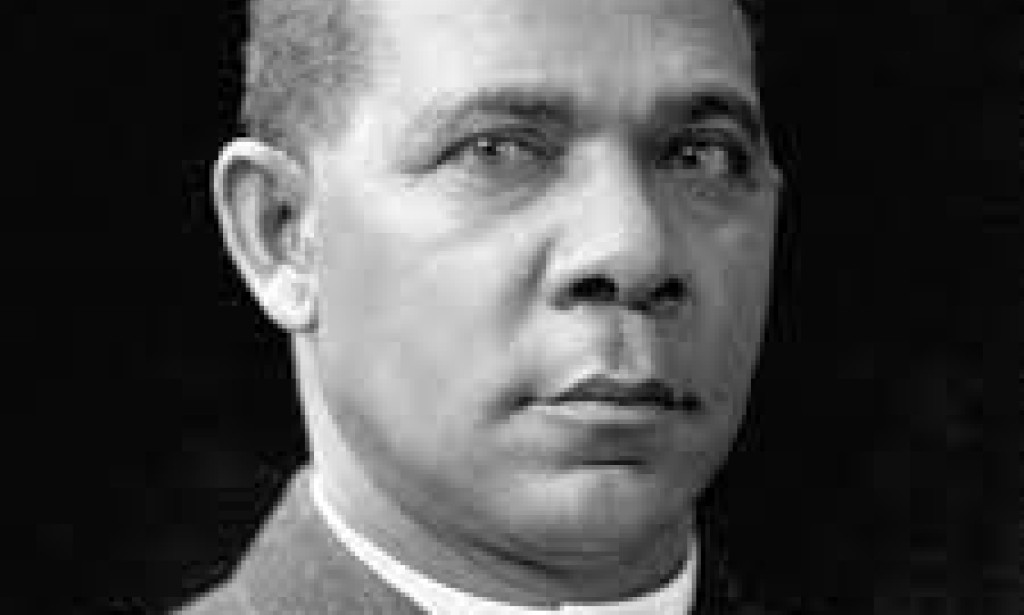Booker T. Washington was an American educator, author, and advisor to several United States presidents in the late 19th and early 20th centuries. He was born on April 5, 1856, in a small hut in Franklin County, Virginia. His father was an unknown white man and his mother was an enslaved cook named Jane. Despite being born into slavery, Booker T. Washington became a leading figure in the African American community and played a significant role in advancing civil rights.
Washington initially pursued education by working as a houseboy for the wife of his owner. He later attended the Hampton Normal and Agricultural Institute, where he studied industrial education. Washington's belief in vocational education as a means to social and economic advancement for African Americans led him to establish the Tuskegee Institute in Alabama in 1881. Under his leadership, Tuskegee became a major center of African American education.
In addition to his work in education, Washington was a prominent speaker and writer, advocating for the economic and social advancement of African Americans. He believed that African Americans should focus on self-help and education, rather than pushing for immediate civil and political rights. This philosophy led to criticism from some civil rights activists, including his contemporary W.E.B Dubois, who believed that African Americans deserved more immediate political and social equality.
Despite this criticism, Washington remained a significant figure in American politics and society throughout his lifetime. He advised several United States presidents, including William Howard Taft and Theodore Roosevelt, on issues related to race relations and African American advancement. Washington's influence extended beyond his death in 1915, and his legacy as a visionary educator and civil rights leader continues to inspire and influence leaders in the present day



You must be logged in to post a comment.